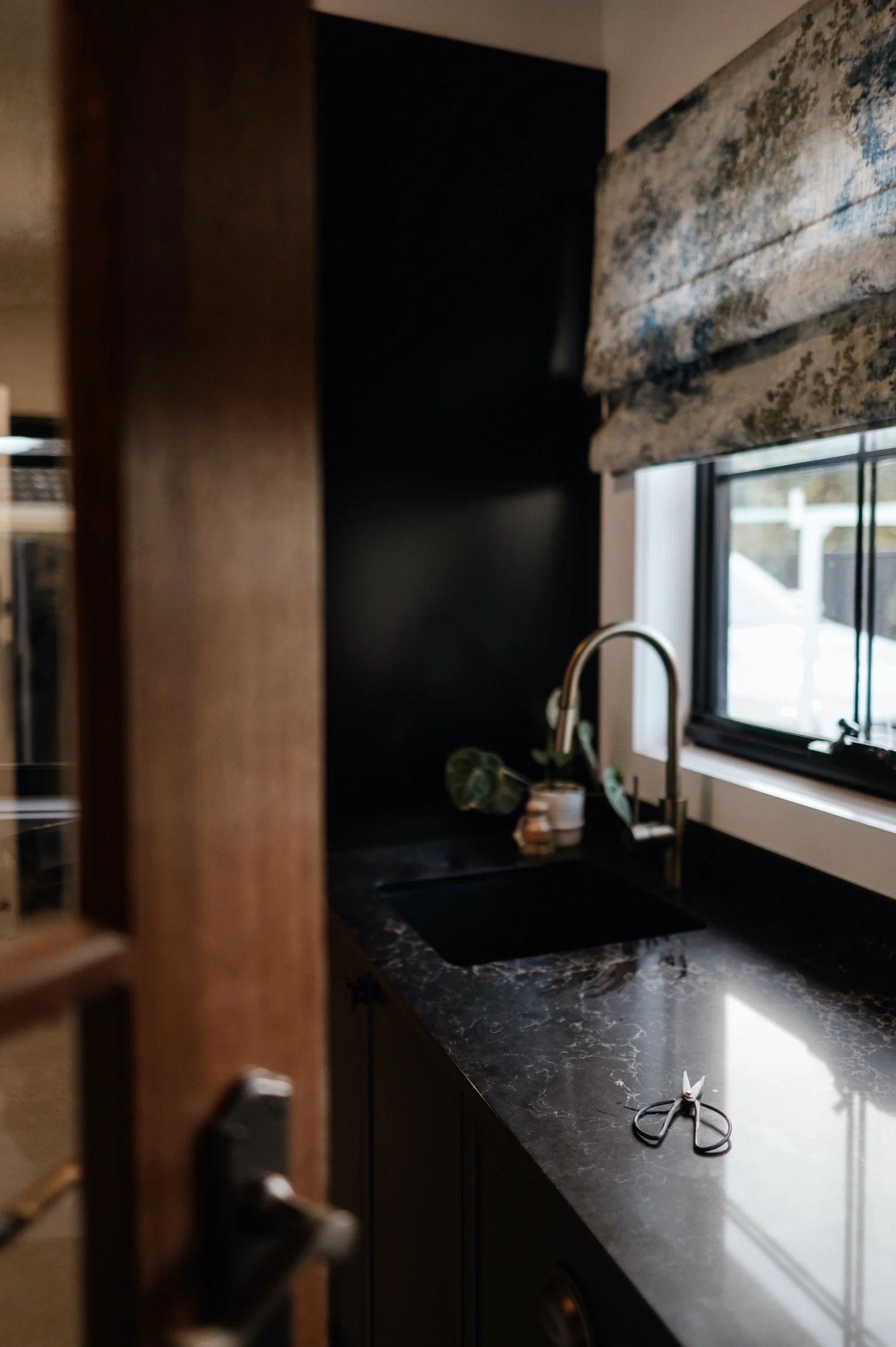Contracts: Fixed Price vs Cost Plus
…I now pronounce you… builder and client?
A builder and client relationship is not all that dissimilar to a marriage. You need to have trust in one another, communication is paramount, and you only get out of it what you put in.
Your building contract is your marriage license. It’s your legally binding contract to set out expectations for not only us but what is expected of you. It states how the project will proceed and if things go pear shaped (which hopefully they never will!) what needs to be done next. Timelines, invoices, builder’s holidays, variation conditions, provisional sums etc. are all stated in your contract so make sure you read it carefully.
With that being said there are different types of building contracts designed for different projects and custom homes require an extra layer of attention to detail when deciding on what type of contract to use.
Two common contract types are Fixed Price and Cost Plus. Understanding the differences between these contract types can help you make an informed decision for your custom project.
Fixed Price Contracts
A fixed price contract, also known as a lump sum contract. This type of contract states a set predetermined price for the entire construction project. This means that the builder agrees to complete the project for a specific amount of money, regardless of actual costs incurred during construction. While this arrangement provides certainty for you as a client and helps in budgeting, it comes with its own set of challenges.
The primary advantage of a fixed price contract is predictability for clients, knowing exactly how much you will pay based on your preferences at quoting stage.
However, with a custom home this form of contract can prevent you from making custom choices throughout the build. As your choices are decided on so early in the process during quoting stage, you may feel limited throughout the build which is detrimental to a high-end custom home. If changes (variations) arise - such as design modifications, unforeseen site conditions, or provisional sum material price increases - these costs are passed on to you as variations which come with their own additional costs.
Cost Plus Contracts
A cost plus contract, on the other hand, involves the client paying for the actual costs incurred during construction plus an agreed-upon fee or percentage for our (the builder’s) overhead and profit. This percentage is usually lower as the risk has been removed from the builder’s perspective. This contract type is particularly beneficial for custom-designed homes especially renovations, where flexibility and adaptability are essential.
Benefits of Cost-Plus Contracts for Custom Designed Homes
Flexibility in Design Changes:
One of the most significant advantages of a cost-plus contract is the flexibility it offers. Custom homes often undergo design changes as you refine their vision. With a cost-plus arrangement, clients can adjust without worrying about incurring additional contract charges (variation costs). This adaptability allows for a more collaborative process between both of us ensuring that the final product truly reflects your unique vision.
Transparency in Costs:
Cost plus contracts provide a clear view of where funds are being allocated. Clients can see the actual costs of materials and labour, leading to greater transparency and trust in the building process. This visibility helps clients understand how their money is being spent, making it easier to make informed decisions about potential upgrades or changes.
Mitigation of Risk:
Building a custom home inherently comes with uncertainties, from fluctuating material costs to unforeseen site challenges. A cost plus contract mitigates the financial risk associated with these uncertainties. Homeowners are less likely to face financial strain from unexpected costs since they are paying for actual expenses rather than being locked into a fixed price that may not account for changes.
Collaboration and Communication:
A cost-plus contract fosters a collaborative relationship between you and the builder (WHC). Frequent communication about costs and progress encourages teamwork and ensures that both parties are aligned throughout the construction process.
Choosing between a fixed price and cost-plus contract is a crucial decision in the home-building process.
While fixed price contracts offer predictability, the flexibility, transparency, and quality assurance provided by cost plus contracts make them a clear choice for custom-designed homes. By opting for a cost-plus arrangement, you can enjoy a more dynamic and responsive building experience, resulting in a home that truly reflects your vision and lifestyle.
If you’re considering building a custom home, discussing these contract options with your builder can help you find the best fit for your project.




